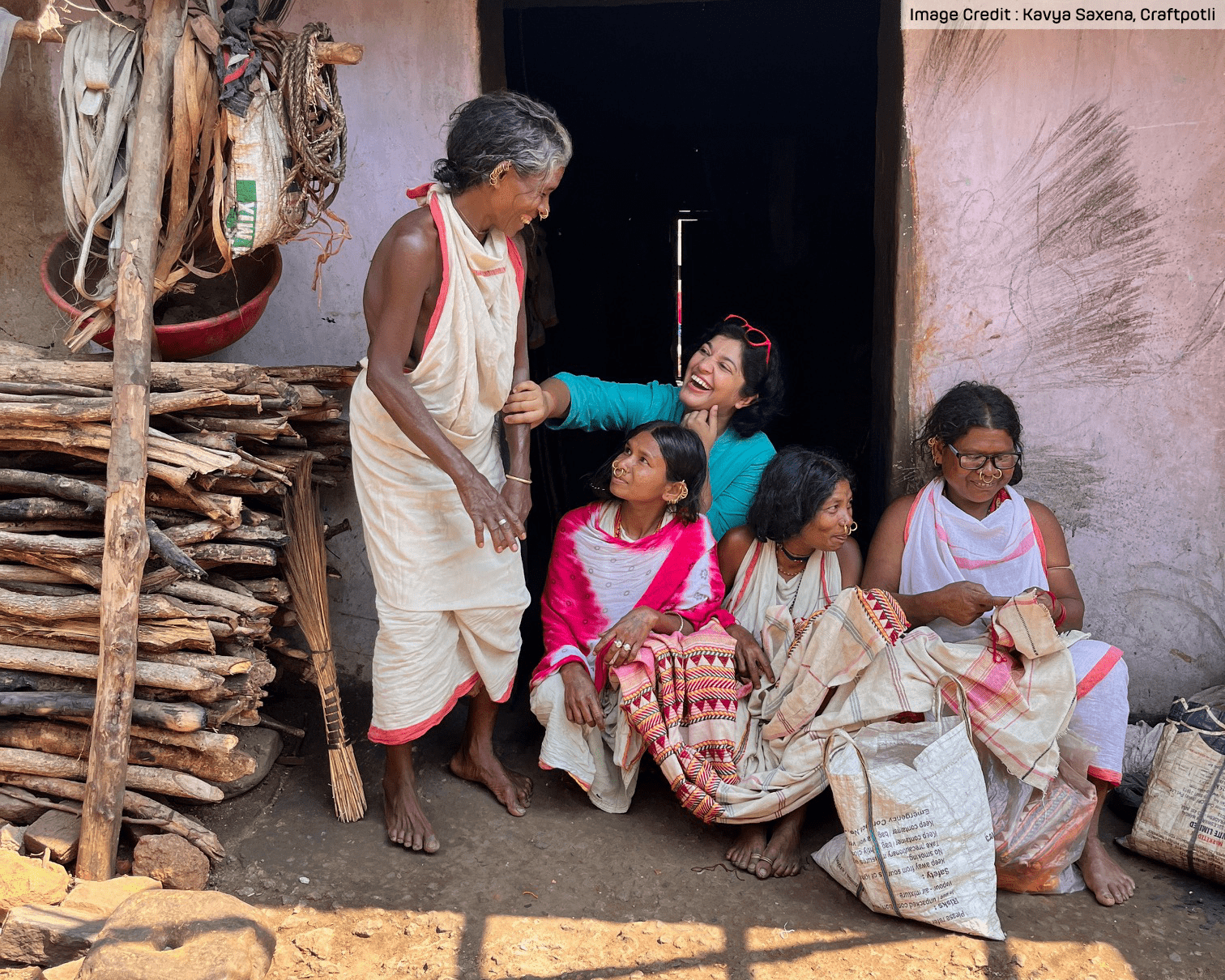Indian creative handmade practices have long had a respect for nature and natural materials as a central tenant, and this continues to inform much handmade practice today. The value chain of our handloom and handicrafts practices have been largely climate positive for generations, through reliance on locally available natural resources, hand skills and low-energy means of production.
Any change in the ecology can have a profound impact on the largely rural handmade sector as well as the region’s socio-cultural-economic ecosystems. Unmitigated climate change and fragile biodiversity are growing concerns particularly as its effects are unequal and disproportionately impact the vulnerable
The Indian handmade sector achieves at least 10 of the 17 SDGs, including responsible consumption and production, gender equality and climate action. Creative Dignity believes that the next challenge to address is the climate crisis. The alarmingly quick progress of the climate crisis calls for a network of localized and community action. Traditional handmade practices and their creative producers can play a role in promoting local know-how, developing locally sustainable solutions, fostering resilience, and addressing climate change at ground zero.
CD’s CraftXClimate initiative shows how craft practices today can be positioned as models that serve to mitigate the impact of the climate crisis. Through this initiative we would like to bring to light the practices that have been sustainable in the past, the changes that have occurred and the solutions that creative producers, experts and practitioners are working on to mitigate climate crises.
CraftXClimate is based on research and interviews with artisans, groups and enterprises. The initiative has begun with a series of dialogues and masterclasses
